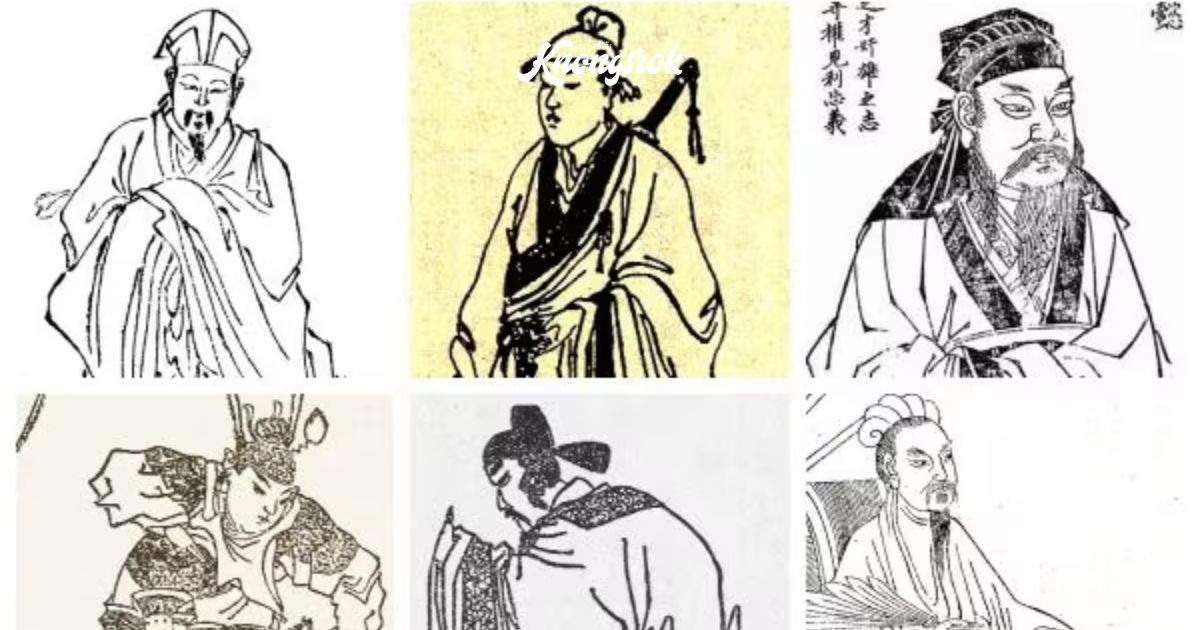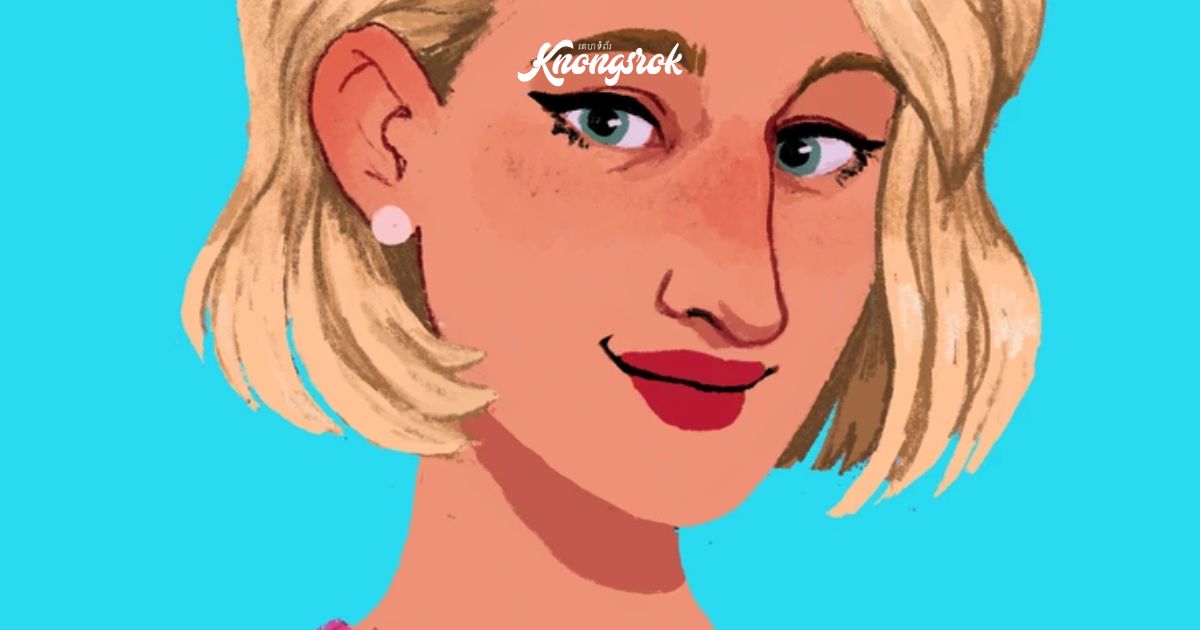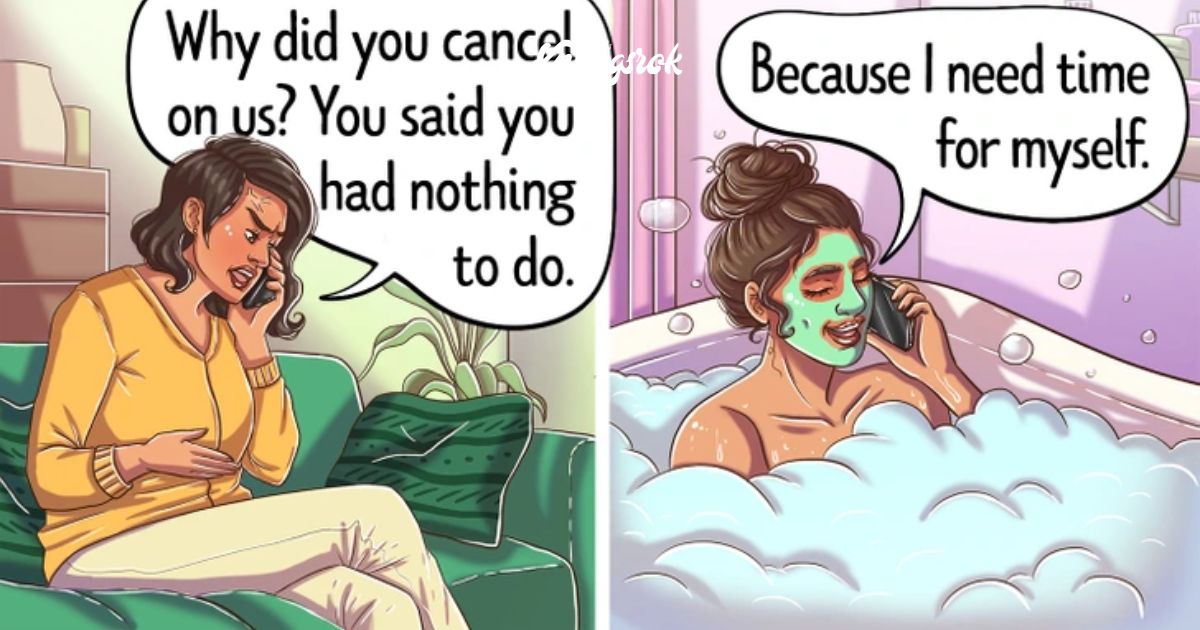Facebook and Action Pour Les Enfants launch #ReportItDontShareIt campaign to combat child exploitation online
Phnom Penh, 29 June 2021 - Facebook and Cambodian NGO Action Pour Les Enfants (APLE) today launched a campaign to educate the public about the harm caused by sharing images or videos of child sexual abuse, and how to report this kind of content to law enforcement and Facebook.
Over the past year, Facebook consulted the world-leading experts in child exploitation, including the National Center for Missing and Exploited Children (NCMEC) and Professor Ethel Quayle, a world-leading clinical psychologist who specializes in sex offenders, to improve the company’s understanding of why people share child exploitation content.
To date, much of the research on why people engage with child sexual abuse materials involved evaluations of people’s psychological makeup. However, Facebook’s research looks at behavioral signals from a fixed point in time and from a snapshot of users’ life on Facebook’s platforms.
Researchers evaluated 150 accounts that Facebook reported to NCMEC for uploading child exploitation content between July and August of 2020 and January 2021, and found that more than 75% did not exhibit malicious intent (i.e. did not intend to harm a child). Instead, these accounts appeared to share for other reasons, such as outrage or poor humor.
Facebook reports each individual instance of child exploitation content to NCMEC, including content the company has identified and removed using technology before it has been seen by anyone on Facebook. The study also found that the majority of reports Facebook sent to NCMEC were for the same or visually similar content. Ninety percent of the images or videos of child sexual abuse analyzed in the study were found to be copies, rather than unique or new content.
In addition, just six pieces of visually distinct media were responsible for more than half of all child-exploitative content that the company reported to NCMEC in the same period.
Based on this analysis, the company developed this campaign together with child safety partners to help reduce instances of child exploitation content being shared on Facebook.

“While this data indicates that the number of pieces of content does not equal the number of victims, one victim is one too many. Preventing and eradicating online child sexual exploitation and abuse requires a cross-industry approach, and Facebook is committed to doing its part to protect children on and off our apps. We are taking a research-informed approach to developing effective solutions that disrupt the sharing of child exploitation material,” said Malina Enlund, Facebook Safety Policy Manager, APAC.
“We are very pleased to partner with Facebook to launch this campaign which will enable a better understanding of how sharing images or videos of child sexual abuse online has a devastating impact on the child depicted in that content and what adults can do to prevent sharing of child abusive content. We urgently call for the public to support the prevention of child sexual abuse online by sharing this campaign video and reporting crimes,” said Seila Samleang, APLE’s Executive Director, adding that “We’re privileged to have our government partners including the Ministry of Post and Telecommunications and the Cambodia National Council for Children on board with us, helping to disseminate the campaign across their wider networks countrywide”.


Report It. Don’t Share It.
You can help a child by reporting child exploitation content. If a child is at risk, call and report it to the police’s hotline 1288 or APLE’s 24/7 hotline 092 311 511. If you see images on Facebook of a child being abused, report the photo or video to Facebook and law enforcement. Do not share, download, or comment on the content. There can be criminal penalties to share or send messages with, photos, and videos of children being sexually abused and exploited. You won’t be asked to provide a copy of the content in any report you submit to Facebook.
*****
NOTE TO EDITOR:
To watch #ReportItDontshareIt video and Animation, visit: https://youtu.be/JO9_VsDrPCg
To learn more about Facebook’s efforts to protect children visit: fb.me/onlinechildprotection
For more information on Facebook’s research on the intentions of Child Sexual Abuse Material (CSAM) sharers, please visit Facebook’s research blog.














